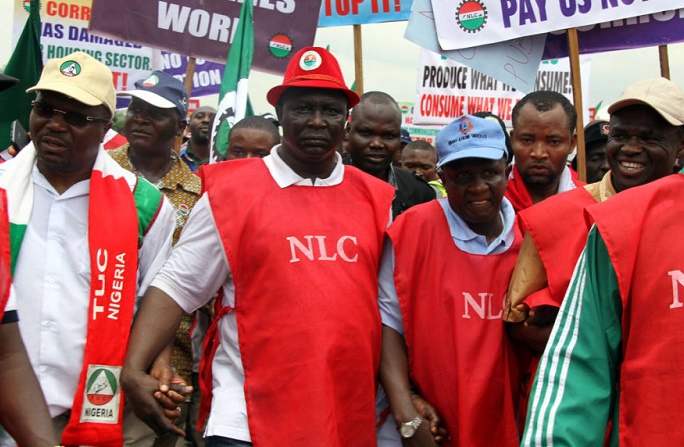
According to reports, organized labor, represented by the Nigerian Labour Congress and Trade Union Congress, has put forward a demand for a new minimum wage of N615,000 for workers in Nigeria.
A reliable inside source within organized labor, speaking anonymously due to lack of authorization, revealed to Sunday PUNCH that this proposed wage increase resulted from extensive consultations conducted by the Nigerian Labour Congress and Trade Union Congress.
The source, who is also a member of one of the government-appointed sub-committees tasked with negotiating a new minimum wage, hinted that there might be further adjustments to the wage figure, especially in light of the recent electricity tariff hike.
Speaking with one of our correspondents on Saturday, the source said, “We (NLC and TUC) have given our figures to the government (on the minimum wage), and it is N615,000. That is the position of the NLC and TUC on the matter. The government has been informed as well.”
Bola Tinubu, acting through Kashim Shettima, established a 37-member panel on January 30 at the Council Chamber of the State House in Abuja. This panel, comprising representatives from federal and state governments, the private sector, and organized labor, was assigned the crucial task of proposing a new national minimum wage.
During the panel’s inaugural meeting, Shettima emphasized the urgency of reaching a resolution swiftly, given that the current minimum wage of N30,000 was set to expire at the end of March 2024. Leading the panel is Bukar Aji, a former Head of the Civil Service of the Federation, who assured attendees that the panel would devise a minimum wage that is fair, practical, implementable, and sustainable.
This inauguration came after months of agitation from organized labor due to the federal government’s delay in constituting the new national minimum wage committee, as promised during negotiations the previous October.
Representing the government on the panel are notable figures such as the Minister of State for Labour and Employment, Nkeiruka Onyejeocha; Minister of Finance and Coordinating Minister of the Economy, Wale Edun (represented by Lydia Jafiya); Minister of Budget and Economic Planning, Atiku Bagudu; Head of the Civil Service of the Federation, Dr. Yemi Esan; and Permanent Secretary, GSO/OSGF, Dr. Nnamdi Mbaeri, among others.
READ ALSO: Labour Leaders Demand Abure, Ajaero’s Resignations
The Nigeria Governors Forum is represented by Mohammed Bago of Niger State (North Central), Senator Bala Mohammed of Bauchi State (North East), Umar Radda of Katsina State (North West), Charles Soludo of Anambra State (South East), Senator Ademola Adeleke of Osun State (South West), and Otu Bassey of Cross River State (South-South).
From the Nigeria Employers’ Consultative Association, representatives include the Director-General Adewale-Smatt Oyerinde, Chuma Nwankwo, Thompson Akpabio, as well as members from the Nigeria Association of Chambers of Commerce, Industry, Mines and Agriculture, including Michael Olawale-Cole, Ahmed Rabiu, and Humphrey Ngonadi.
Organized labor is represented by the Nigeria Labour Congress president, Joe Ajaero; President of the TUC, Festus Osifo; and his deputy, Tommy Etim-Okon, among others.
There has been contention over the proposed new minimum wage, with Ajaero advocating for N1 million, citing the country’s rising inflation and its adverse effects on workers’ livelihoods. However, some experts argue that such a wage might not be feasible or sustainable.
In contrast, another labor leader revealed in an interview that the NLC and TUC tentatively proposed a minimum wage of N615,000. When asked about the May 1 deadline, the labor leader affirmed that both organizations were striving to meet it, having harmonized their positions and communicated them to the government.
“We are in the process. Be assured that once anything happens, I will, as usual, inform you. That is all I can tell you for now, because we have not met; even though we have submitted our unified positions to the Federal Government. We will be speaking with one voice.
“But, let me also hint you that with the removal of the electricity tariff subsidy, we are going to have another round of serious conversations with the government. Mind you, the tariff increase is also very good for us, because they (the government) did it when the new minimum wage process had not been concluded. So, it is going to be a good ground for us to ask for more.
“Our position will be defended based on the new price of N225 per kWh of electricity. Although we (the government and Labour) are not in agreement, we are waiting to meet and decide on the next point of action.”
The source added, “This is because if you look at the Electricity Act, it canvassed a position that before any increase at all, there must be stakeholders’ engagement. However, the Nigerian Electricity Regulation Commission unilaterally imposed the removal of the electricity tariff on the consumers, without recourse to stakeholders. That is in total defiance to the provisions of the Act.
“These are the issues that will be in the front burner of our next negotiation with the Federal Government.
“The new tariff will also give us another strategy to press the government on the need to move the minimum wage upward. This is because the government has not announced any new minimum wage yet, as we are still negotiating.
“As I said, the NLC and TUC have harmonised positions, which we have sent to the government. It is even now that the negotiation will start properly. All that we have done so far was to try to lay the foundation, and now that we have come up with our positions, the government will also come up with their own. We will then start a fresh negotiation.”



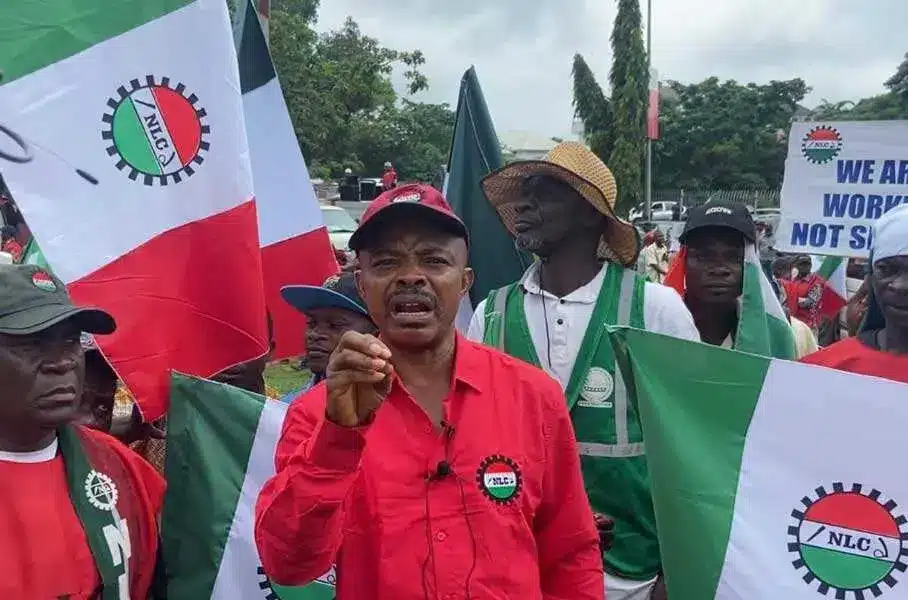

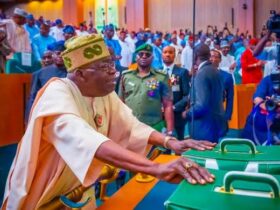
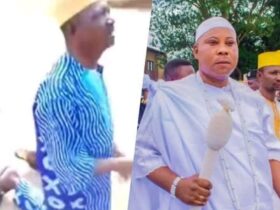
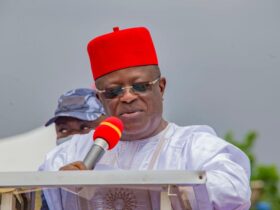

Leave a Reply